Obstructive Sleep Apnea Syndrome (OSAS)
- More than 100 million Americans of all ages regularly fail to get a good night’s sleep. This is more than one-third of the U.S. population. At least 84 percent of sleep disorders lead to a lowered quality of life and reduced personal health. Some sleep disorders can be life threatening.
- Loud snoring can be a sign of something seriously wrong with patient breathing during one-third of their life. Organ systems can be stressed every day during sleep.
- An estimated 10% to 30% of adults snore. For 5%, extremely loud nightly snoring is the first indication of a potentially life threatening disorder: obstructive sleep apnea syndrome (OSAS).
- Obstructive sleep apnea syndrome most often strikes overweight men. A different throat structure or levels of hormones may protect women. In later years, the gap between the sexes narrows, although it never disappears completely.
Warning Signs of OSAS:
- Loud snoring. The snoring may be so loud that it rivals a jackhammer and can be heard rooms away.
- A pattern of snoring interrupted by pauses, then gasps, reveals the sleeper’s breathing stops and restarts.
- Falling asleep at inappropriate times, such as at work, at the movies or while driving.
- Trouble concentrating, forgetfulness, irritability, depression or loss of interest in sex.
- Men may complain of impotence and women may have menstrual irregularities.
- Headaches and nausea upon awakening.
- Frequent nighttime urination or even bedwetting.
- Alcohol, sleeping pills and tranquilizers taken at bedtime also reduce muscle tone and can make the throat more likely to collapse.
- Some people with obstructive sleep apnea syndrome may actually have more sleep disturbed sleep when they take a sleeping pill.
Some Consequences of Untreated OSAS:
- Hypertension (high blood pressure)
- Myocardial infarction (heart attack)
- Stroke
- Depression
Treatment of obstructive sleep apnea syndrome usually reverses these symptoms, and may help or prevent consequences such as high blood pressure. In many cases, the benefits of treatment are felt quickly after treatment begins.
General Obstructive Sleep Apnea Syndrome Treatment Measures:
- Normalize weight
- Avoid alcohol within four hours of bedtime
- Avoid sleeping pills
- Take all drugs with care. Medication prescribed for headaches, anxiety and other common problems can affect sleep and breathing.
- Sleep lying on your side or stomach
- Medication to relieve congestion of the nose may be helpful in reducing snoring and the likelihood of OSAS episodes.

